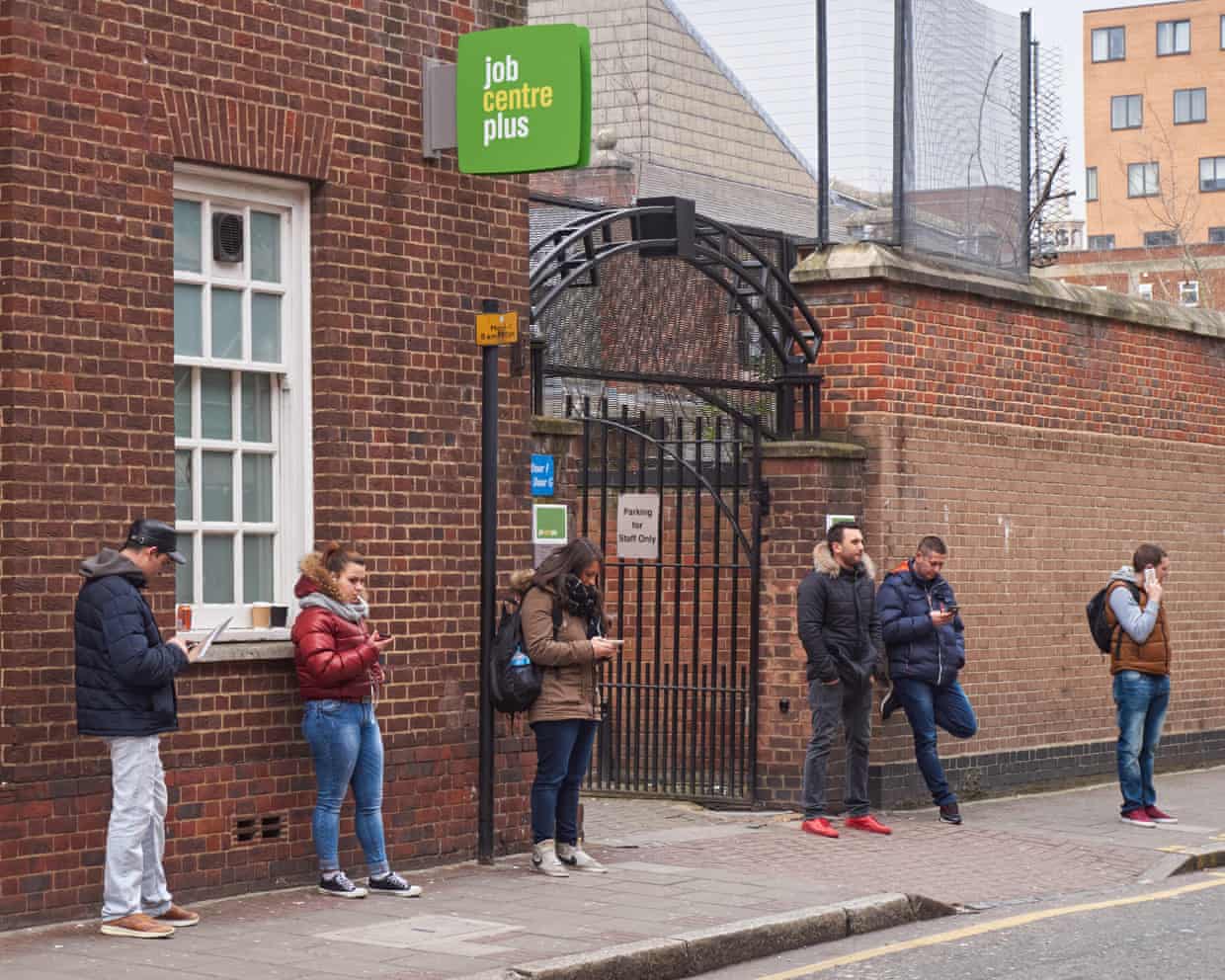About 1m Ford diesel cars sold in UK with defective emissions controls, court told

About a million Ford diesel cars were sold in the UK with serious defects in components supposed to curb toxic exhaust emissions, the high court has been told.The highly polluting vehicles were produced and sold between 2016 and 2018 after Ford’s engineers became aware of the issues, and many were never formally recalled or fixed, lawyers said.The claims came in evidence submitted in the legal action on behalf of 1.6 million diesel vehicle owners against five car manufacturers, including Ford, for allegedly using “defeat devices” to cheat emissions tests for nitrogen oxides (NOx).Parts of the emissions control systems as calibrated by Ford were discovered to become less effective when “poisoned” by sulphur in fuel during driving, the court heard.
In 2017, when tested in service, 27 out of 27 Ford vehicles with Euro 6 engines failed the New European Driving Cycle (NEDC) emissions tests.Cross-examining Marcus Davies, Ford’s former calibration manager, in the high court, Thomas de la Mare KC said that the systems had not been “sufficiently tested” and that “the scale of the problem” amounted to “one million vehicles affected”.It was a “generic issue affecting the best part of a million cars”, de la Mare claimed.Davies played down the 1m figure.“It’s not every vehicle that would have this problem,” he said.
New software was implemented in production lines from 2018, and some Ford customers whose cars were serviced at official dealers also received a software update to address the problem, but there was no wider recall, the court was told,De La Mare said: “You must have appreciated that the update would not rectify the situation,”Davies replied: “It would improve it,”“But not make it compliant with the NEDC,” de la Mare replied,In the broader case, the claimants argued that Ford had deliberately calibrated its engines to pass certification tests rather than reduce real world driving emissions.
Referencing the manufacturer’s own internal documents, Ben Jaffey KC, for the claimants, said that as far back as 2012 there was “a very clear recognition that Ford wasn’t using EGR [the exhaust gas recirculation system to reduce NOx] as much as possible”.Jaffey said: “The reality is that it was shaped to the requirements of the test and not much else?”Davies said: “It was calibrated in part to the requirements of the NEDC.” Changes to trap more NOx “would have been at the expense of the capture of other gases”.Documents shown in court also showed that NOx emissions from a Euro 5 transit van surged well beyond regulatory limits when the engine was tested inadvertently in sixth gear.The NEDC tests were normally carried out in fifth gear.
Sign up to Business TodayGet set for the working day – we'll point you to all the business news and analysis you need every morningafter newsletter promotionHowever, in real-world driving, Jaffey said, the vans’ gear shift indicator encouraged drivers to switch up to sixth gear, where the system to reduce NOx was ineffective, when the van reached speeds of 100km/h (62mph).“It’s hardly Grand Theft Auto, is it?” he said.The Ford models included as sample vehicles in the trial include the Mondeo, C-Max Fiesta and Focus cars as well as Transit vans.Ford denies having created defeat devices, and in its written submissions described the claim as “scientifically illiterate”.Its lawyers said that “a reduction in the effectiveness of NOx control may be a necessary, reasonable and justifiable engineering compromise to maintain overall system stability, protect components from damage, or control other, potentially more harmful, emissions”.
The three-month hearing that opened last month is examining vehicles sold by Ford and five other manufacturers – Mercedes, Renault, Nissan and Peugeot/Citroën.The “Dieselgate” scandal came to light after US scientists said in autumn 2015 that many of Volkswagen diesel engine cars had been equipped with software meant to deliberately falsify emissions tests.Millions of vehicles around the world were affected by the alleged misconduct, leading to car owners facing costs that collectively ran into hundreds of millions of euros.It is estimated to have led to thousands of deaths and cases of asthma in children.The trial continues.

Half of all UK jobs shed since Labour came to power are among under-25s
Keir Starmer has been warned that Britain’s youth are in danger of becoming a “lost generation” on his watch as it emerged almost half of all jobs shed since Labour came to power are among the under-25s.With the government under fire before the autumn budget, Guardian analysis shows the dramatic leap in UK unemployment to the highest levels since the Covid pandemic is being fuelled by a youth jobs crisis.As many as 46% of the 170,000 jobs lost from company payrolls since June last year are from those under the age of 25 – the equivalent of more than 150 jobs lost per day.David Blunkett, the former Labour education secretary, said that while the government was taking action there was a danger an entire generation of young people would be let down.“I think we’ve got to get our act together

‘I have saved exactly £0’: how soaring costs have hit Britons’ nest eggs and pensions
Andrew, a writer in his mid-30s from Essex, would be considered middle class by most, but his financial setup is precarious.“I have £4k in my savings account, and around £4k in stocks and shares. With a mortgage, childcare fees and other living expenses to cover, our monthly outgoings are always at least £2,800. Our savings would quickly vanish if our household income ceased,” he said.Andrew has managed to save £30,000 into a workplace pension, but feels unable to continue saving at the moment

Father of teen whose death was linked to social media has ‘lost faith’ in Ofcom
The father of Molly Russell, a British teenager who killed herself after viewing harmful online content, has called for a change in leadership at the UK’s communications watchdog after losing faith in its ability to make the internet safer for children.Ian Russell, whose 14 year-old daughter took her own life in 2017, said Ofcom had “repeatedly” demonstrated that it does not grasp the urgency of keeping under-18s safe online and was failing to implement new digital laws forcefully.“I’ve lost confidence in the current leadership at Ofcom,” he told the Guardian. “They have repeatedly demonstrated that they don’t grasp the urgency of this task and they have shown that they don’t seem to be willing to use their powers to the extent that is required.”Russell’s comments came in the same week the technology secretary, Liz Kendall, wrote to Ofcom saying she was “deeply concerned” about delays in rolling out parts of the Online Safety Act (OSA), a landmark piece of legislation laying down safety rules for social media, search and video platforms

Personal details of Tate galleries job applicants leaked online
Personal details submitted by applicants for a job at Tate art galleries have been leaked online, exposing their addresses, salaries and the phone numbers of their referees, the Guardian has learned.The records, running to hundreds of pages, appeared on a website unrelated to the government-sponsored organisation, which operates the Tate Modern and Tate Britain galleries in London, Tate St Ives in Cornwall and Tate Liverpool.The data includes details of applicants’ current employers and education, and relates to the Tate’s hunt for a website developer in October 2023. Information about 111 individuals is included. They are not named but their referees are, sometimes with mobile numbers and personal email addresses

ATP Finals tennis: Carlos Alcaraz v Felix Auger-Aliassime semi-final – live
First set: Alcaraz 2-1 Auger-Aliassime* (*denotes next server)At 15-all, AA appeals to Hawk-Eye to save him from going 30-15 down. It’s in vain. Alcaraz then annihilates AA with a forehand cross-court winner that scorches the sideline for 40-15. And it’s swiftly game. Six winners already from Alcaraz, who skips back to his chair

Jarrod Evans’ last-gasp penalty rescues Wales from loss to Japan
A Wales crowd came away with the pride of a win at home for the first time in more than two years as the hosts beat Japan, but the overriding feeling was of relief. The Wales performance was miles off of what is expected. Sloppy attack, squandered opportunities and a 20-minute red card for Josh Adams almost gifted the win but that will not be remembered in years to come, what will be is Jarrod Evans.It was his last-play-of-the-game penalty that won the game and the roar that followed has to be up there with one of the loudest this stadium has heard. It was the replacement’s first kick of the game and he had nerves of steel to seal the victory

Colbert on Trump and Epstein: ‘They were best pals and underage girls was Epstein’s whole thing’

Colbert on Trump ‘building a massive compensation for his weird tiny penis’

‘I really enjoyed it’: new RSC curriculum brings Shakespeare’s works to life in UK classrooms

Jon Stewart on government shutdown deal: ‘A world-class collapse by Democrats’

Old is M Night Shyamalan at his best: ambitious, abrasive and surprisingly poignant

‘Harlem has always been evolving’: inside the Studio Museum’s $160m new home